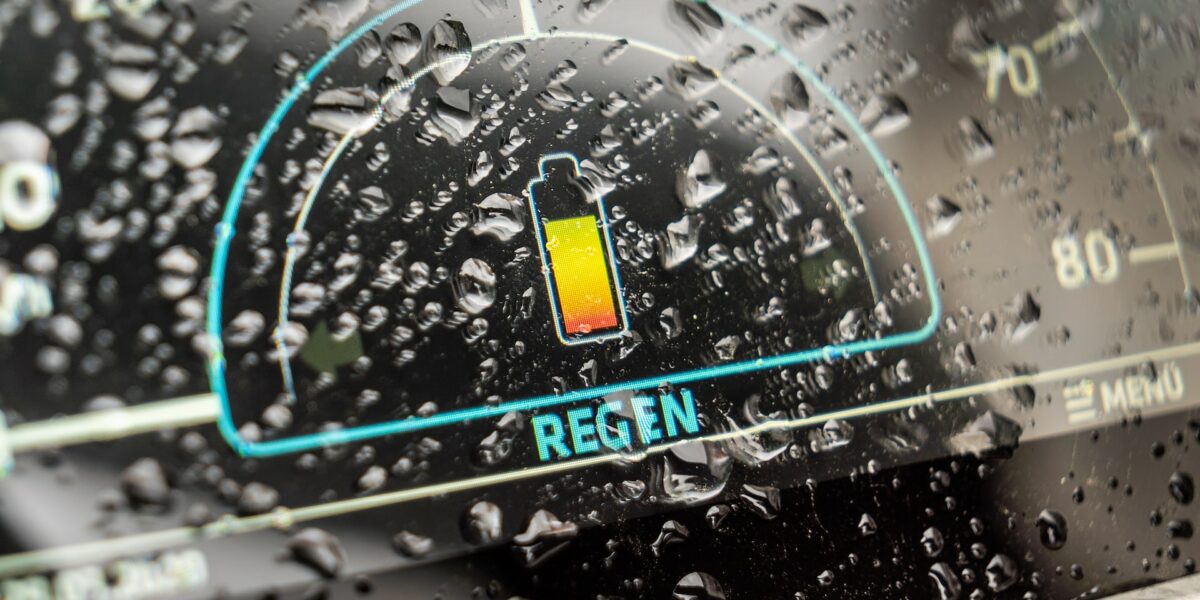Brexit hangover continues
Car prices likely to rise as exemption period ends
The prices of many electric vehicles (EVs) could increase by 10% or more from 2024.
This is when tariff exemptions, agreed as part of the Brexit deal to ease the transition, end.
It will affect vehicles made in both the UK and across the EU.
Rising costs
The UK-EU Trade and Cooperation Agreement (TCA) temporarily exempted EVs. These rules said products must be substantially made in Britain or the bloc to qualify for the EU’s zero tariff, zero quota regime,. EV batteries are predominantly imported from Asia.
Both the European Automobile Manufacturers’ Association (ACEA) and the Society of Motor Manufacturers (SMMT) are asking for the rules of origin exemption to be extended. The deal run out on the December 31, 2023. The idea is to encourage more of the batteries to be made in Europe.
A number of battery factories are already built or being built in Europe. However, the much trumpeted Britvolt factory in England is looking at going into administration.
If the exemption cannot be extended, many EVs moving between the EU and UK would pay a 10% tariff, increasing prices for fleets.
British short circuiting
Britishvolt started gaining momentum with its plan to build a giant battery factory in north-east England. The then prime minister, Boris Johnson, was on the lookout for big projects that could bring jobs to poorer areas of the country and burnish his green credentials. This fitted the headline grabbing criteria of job, environmental concerns and investing in new technology. It was also based in the land of ‘red wall’ seats.
Its ambition of making hundreds of thousands of batteries a year to power the switch to electric cars from the internal combustion engine, fitted the bill. However, less than a year after Johnson praised the “absolutely amazing investment” in parliament, the company is floundering. The government initially promised £100m in support.
EU agreement critical
“Rules of origin agreed in the UK-EU TCA must work for all parties,” states Mike Hawes, chief executive at UK automotive trade body the SMMT. “The UK and EU face challenges in ensuring there is adequate domestic battery production to meet the terms agreed.
“Given the unprecedented global turmoil since the TCA was signed, the EU and UK should look urgently at battery manufacturing capabilities across Europe and assess the risk of crippling tariffs on electrified vehicles being applied, affecting both sides, in little over a year at just the time we need to increase take up of these zero emission models.”
Under the TCA, a maximum of 45% of the value of products is allowed to originate from outside the EU in order to benefit from zero-tariff trade.
Until January 1, 2024, at least 40% of the content of EVs and 30% of batteries must originate from the EU or the UK. From 2024 until January 1, 2027, this increases to 45% of the vehicle and 50-60% of batteries. If this is exceeded, carmakers will have to pay a tariff of 10%.






